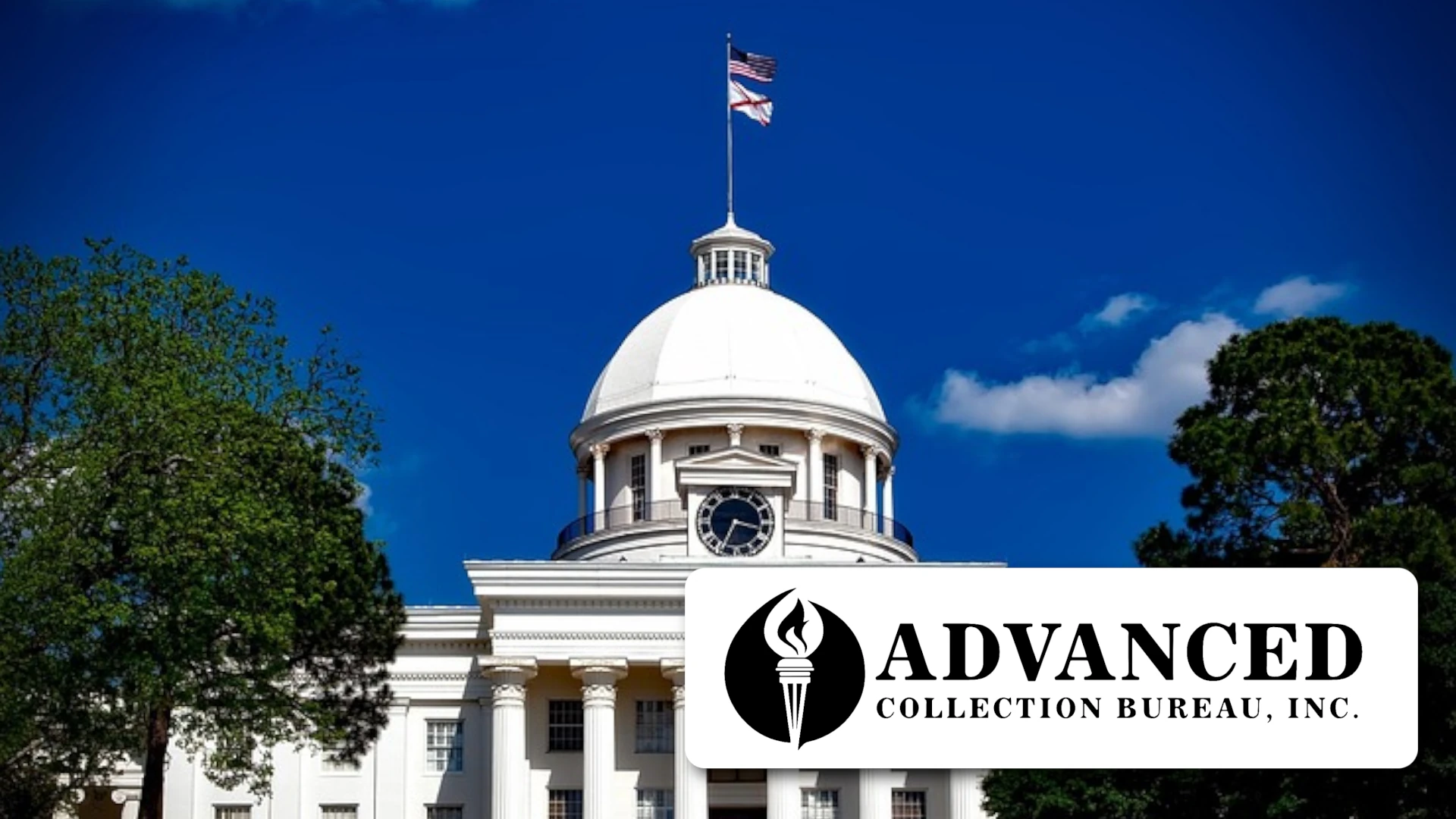Late rent payments are more than a minor inconvenience in commercial property management. They threaten your financial stability, affect business relationships, and sometimes lead to legal disputes. As a landlord, knowing how to handle late rent in a commercial lease is essential—not just for recovering lost revenue but for preserving the long-term viability of your investment.
Commercial leases are fundamentally different from residential ones. The stakes are often higher, with longer lease terms, larger financial obligations, and more complex tenant relationships. While missed rent is always a concern, having the right late rent collection solutions for commercial leases can make all the difference.
Whether you’re managing a single retail space or a large office park, here’s what you need to know to stay protected and proactive.
Why Commercial Rent Collection Requires a Unique Approach
Unlike residential leases, commercial leases are largely governed by contract law rather than detailed tenant protection laws. That means landlords often have more flexibility—but also more responsibility.
Most commercial leases include grace periods, late fees, and remedies like interest charges or even the right to lock out tenants. But enforcing those terms requires documentation, consistency, and often, the help of a third-party debt collection agency.
Commercial tenants might include small businesses, franchises, medical offices, or corporate chains. Each comes with its own set of challenges. For example, collecting from a struggling small business requires a different tone and strategy than pursuing past-due rent from a national chain.
That’s where firms like Advanced Collection Bureau can help, offering tailored debt recovery that remains compliant, professional, and effective.
What Should Be in Your Lease Agreement?
The lease is your first defense against rent issues. A clear, detailed lease should outline:
- Rent due dates and grace periods
- Late fees and interest penalties
- Procedures for notice and cure
- Remedies available to the landlord
- Provisions for attorney’s fees and collection costs
Ensuring your lease terms are airtight can help avoid disputes and create a smoother path to recovery when rent isn’t paid. For those still drafting or revising their commercial leases, it’s wise to consult an attorney familiar with local commercial real estate laws.
For residential landlords interested in proper documentation, our article on How to Write a Proper Eviction Letter to a Tenant outlines similar concepts worth applying.
Early Action Is Key: The Sooner You Address Late Rent, the Better
One of the biggest mistakes landlords make is waiting too long to act. When a tenant misses a payment, it’s important to follow up immediately. A friendly reminder might suffice in some cases, but consistent follow-up shows you’re serious and can deter repeat offenses.
If reminders don’t work, escalate promptly. This doesn’t mean jumping to eviction, but rather employing firm, professional communication and putting the tenant on formal notice.
Once the account is officially delinquent, you should already have a plan in place. Waiting too long to involve a collection agency reduces the likelihood of recovering what you’re owed.
Read more about proactive planning in How to Create a Comprehensive Debt Recovery Plan for Your Apartment Community, which offers valuable insight even for commercial landlords.
Commercial Rent Collection: When to Involve the Experts
If the account becomes more than 30 days overdue and communication breaks down, it’s time to call in help. Debt collection agencies like ACB offer commercial-specific solutions that balance firm recovery with professionalism.
At ACB, we use advanced skip tracing, credit bureau reporting, and fully compliant collection strategies. Most importantly, we operate on a pure contingency model—if we don’t collect, you don’t pay.
Commercial lease disputes can get legal quickly, so using an experienced agency ensures your rights are protected while keeping things civil and business-like. We never outsource, and our U.S.-based team handles all communication, ensuring your tenant relationships are respected, even when payments are overdue.
If you’re unsure whether to involve outside help, our blog on How a Debt Collection Agency Can Help Recover Lost Revenue offers a helpful breakdown.
Preventing Future Late Payments
Once you’ve resolved a late payment issue, use the experience to improve your process. Here are a few suggestions:
- Screen tenants more rigorously
- Require personal or corporate guarantees
- Collect higher security deposits
- Set up automated billing systems
- Communicate rent expectations clearly from day one
Tenant screening is especially critical. If you haven’t read it already, our Tenant Screening 101 guide applies just as well to commercial tenants as it does to residential ones.














